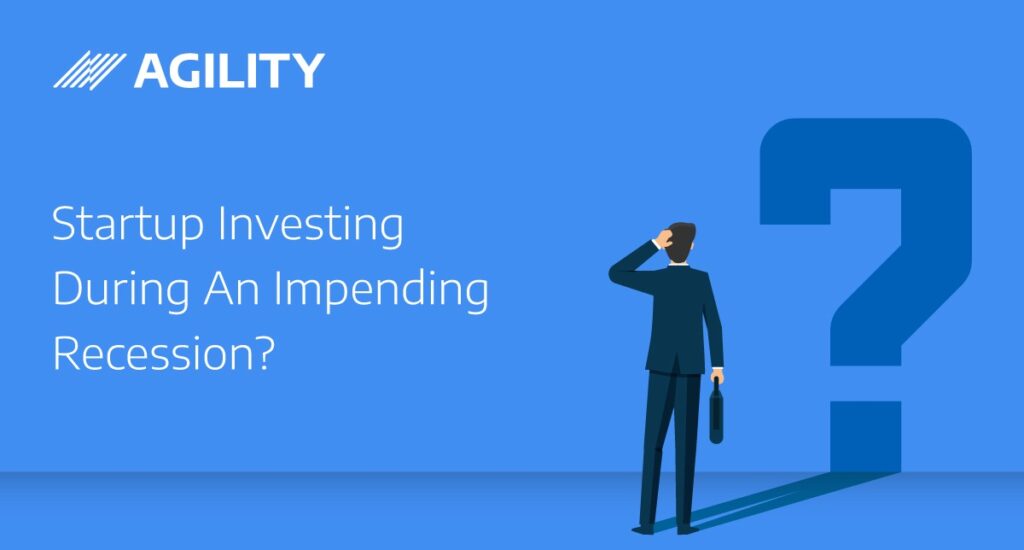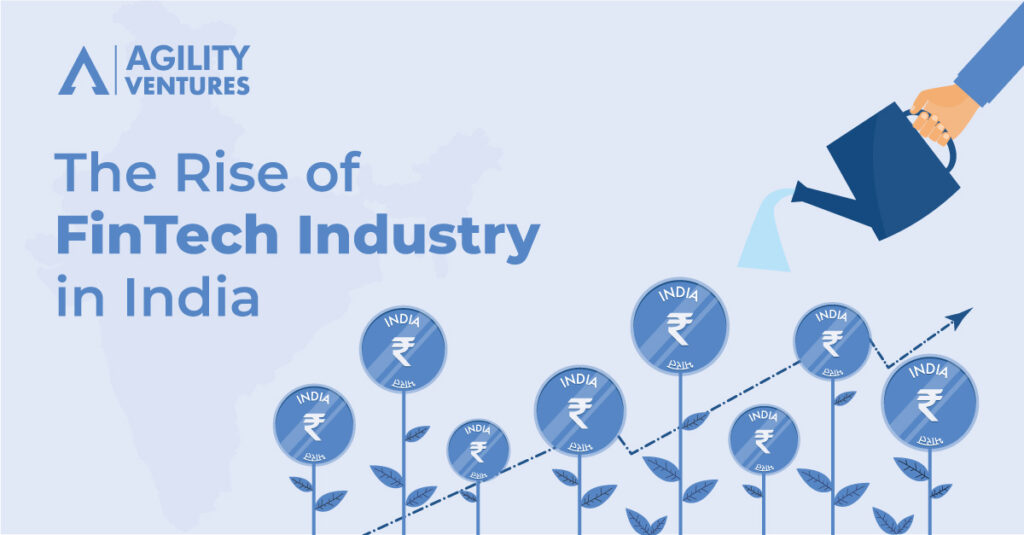Two consecutive quarters of economic contraction or a dropping real GDP is used as a standard method to determine a recession globally.
The US GDP shrank by 1.6% on an annual basis in the first quarter of 2022. This was followed by a mild 0.9% shrink in the next quarter.
As per CNBC’s September Fed survey, there is a 52% chance that the States could enter a recession in 2023. Professor Steve H. Hanke (Applied Economics), Johns Hopkins University further adds that the probability is not just 50% – it’s around 80%!
Given the great likelihood of a recession hitting leading economies of the world, it is essential to analyse where India stands and how the recession will impact it.
India and the upcoming recession
Despite challenges like a rise in inflation, massive trade deficits, and devaluation of the rupee, India has emerged as the fifth-largest economy in the world, surpassing the UK in the final quarter of 2021. According to the rating agency S&P, even though the USA and Euro zones are headed to face a recession, India is unlikely to face such a recession given the ‘not so coupled’ nature of its economy with the global economy. However, if a mild recession takes place, it will allow long-term investors to trade stocks at discounts.
The valuation of startups declines during a recession, which prevents people from investing. This results in a decrease in sales and hence, earnings. In theory, this is not an ideal scenario for an existing portfolio. However, leaving investments alone prevents recession-related losses from being locked in by selling. In this way, relatively lower stock options allow investors to invest in cheap stocks.
How can investors invest better at this time?
While investing, investors must take into account factors such as their financial position, the ideal time to invest, the right attitude, and the approach to achieve long-term success. It is also essential to focus on recession-proof industries such as SaaS, FMCG, supply chain, and pharmaceuticals. This will prove beneficial because startups that focus on alleviating problems related to basic requirements like food and healthcare may thrive in the circumstances caused by the recession.
Recession – A blessing in disguise for startups and investors?
On average, a recession can last for a year. If a startup survives that, it can be safely said that it has proved its mettle by displaying growth and resilience during turbulent times. This then helps startups to raise capital easily when normalcy is restored.
A recession may also be a blessing in disguise for startups as services become less expensive and a new pool of talent becomes available, given the mass layoffs at big businesses. Moreover, the competition might get eliminated, creating more room and scope for those startups that endured the recession. So, it can be inferred that a recession might be a good time to purchase shares of top-notch startups at affordable prices.
Tread with caution and invest safely
During recessions, shares of big companies with considerable cash flow and dividends do better than equities vulnerable to economic fluctuations. However, investors cannot always predict a recession. As a result, it’s advised to invest in diverse portfolios that support one’s assets to absorb the shocks of financial disturbances.
Investing in a range of startups can help investors tread with caution. For instance, even though the pharmaceuticals industry is one of the best-performing sectors, diversifying one’s portfolio and investing in other sectors like EdTech or IT can help investors invest across startups, interest rates, and periods. It has also been found that this practice evens out returns and boosts performance in the long run.



